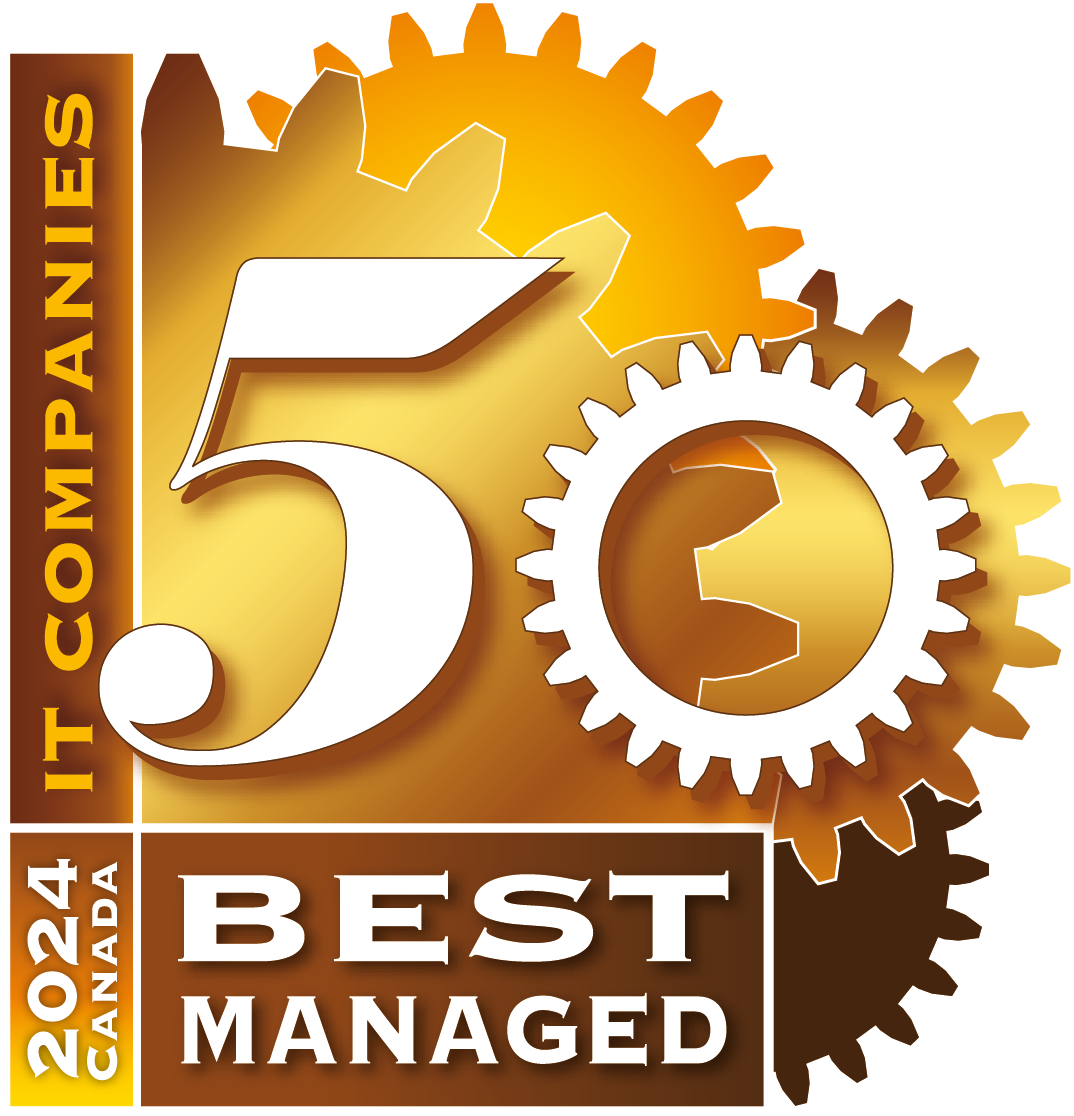The traditional workplace has fundamentally changed. Hybrid and remote work, which were once the exception, have quickly become a permanent fixture of the Canadian business landscape. As many organizations recognize that traditional IT support no longer meets their needs, remote teams are increasingly relying on stable and secure access to systems, devices, and communication tools across multiple locations. However, without the proper IT infrastructure in place, businesses expose themselves to security risks, productivity loss, and compliance headaches.
That’s where Managed IT Services for remote workforces come in. Tailored IT support ensures your team stays connected, protected, and productive, no matter where or when they’re working. In this post, we’ll break down the essential services every remote workforce needs, the tools that make it possible, and why investing in the right support model is crucial.

Why Remote Workforces Require Specialized IT Support
When your employees are working from various locations, homes, co-working spaces, or on the go, you can’t rely on the same IT model you used in a centralized office. It becomes much more difficult:
- Devices are scattered across networks with varying levels of security.
- Employees may access sensitive data from personal laptops or mobile devices.
- Troubleshooting and helpdesk support become more time-sensitive and distributed.
Remote IT support isn’t just about answering the occasional tech question. It’s about delivering scalable, secure, and proactive solutions that match the state of modern teams’ work.
Key IT Support Services Needed for Remote Teams
1. Secure Device and Endpoint Management
Remote teams rely on a mix of company-issued and personal devices. A managed IT provider ensures every device accessing your network is appropriately configured, secured, and monitored.
- Device encryption and patch management
- Antivirus/anti-malware installations
- Remote wipe capabilities in case of loss or theft
2. Cloud Infrastructure and File Access
Your team needs to access shared files, systems, and applications at any time, from anywhere. That’s where cloud-based platforms like Microsoft 365, Google Workspace, or virtual desktops shine.
- Cloud storage with access controls
- Collaboration tools for real-time teamwork
- Centralized access policies across platforms
3. Helpdesk Support – Wherever, Whenever
When something breaks, your team can’t wait for office hours. A remote-first IT provider offers 24/7 support to keep your operations running smoothly.
- Remote diagnostics and issue resolution
- Tiered support with fast escalation
- Support available via chat, phone, or remote access tools
4. Business Continuity and Remote Backup
If a team member’s device fails or a data breach occurs, can you recover quickly? Off-site and cloud-based backup solutions are essential.
- Automated, encrypted data backups
- Cloud failover and recovery
- Disaster recovery planning for distributed teams
Some Security Considerations for Remote Work
Security is one of the first things that comes to mind when considering remote work environments. Every new location, device, or unsecured Wi-Fi network can serve as a potential entry point for cybercriminals. To protect against these risks, a strong remote IT strategy must incorporate several key elements. Multi-factor authentication (MFA) adds an essential layer of security beyond just passwords, while VPN access creates a secure tunnel between employee devices and the corporate network.
Endpoint Detection and Response (EDR) tools offer advanced threat detection across all devices, enabling the quick identification and response to malicious activity. Additionally, security awareness training empowers remote workers to recognize phishing attempts and other suspicious behaviours, reducing the likelihood of human error. Without these critical protections, organizations leave themselves vulnerable to data breaches, compliance violations, and costly ransomware attacks.
The Tools and Technologies That Power Remote Work
Modern IT support for remote teams leans heavily on cloud-based technologies and automation. Some of the core tools include:
| Tool | Purpose |
|---|---|
| Microsoft 365 or Google Workspace | File access, email, team collaboration |
| Zoom, Teams, or Slack | Real-time communication |
| VPN or Zero Trust Network Access (ZTNA) | Secure remote access |
| Remote Monitoring and Management (RMM) | IT support and system health tracking |
| Endpoint Protection Platforms (EPP) | Antivirus, firewall, and malware protection |
A managed IT provider can help evaluate your stack, reduce redundancy, and integrate these tools into a unified, secure system that supports productivity and compliance.
Fusion Computing’s Perspective
At Fusion Computing, we understand the challenges organizations face in supporting remote workforces securely and efficiently. Whether you’re a small business or a larger enterprise with distributed teams, we understand that managing IT for remote employees requires a proactive and flexible approach; one that prioritizes security, seamless connectivity, and ongoing support.
Our managed IT services are designed to keep your remote workforce productive and protected, with solutions that prioritize privacy, accessibility, and reliability. Beyond technical expertise, Fusion Computing helps clients navigate funding opportunities and government programs that can offset the cost of essential IT upgrades, making robust remote IT support more accessible than ever.
Final Thoughts
We recognize that many organizations don’t have the internal resources, time, or budget to fully address the demands of remote IT support on their own. That’s why partnering with a managed IT provider who understands the unique needs of remote workforces, and who can help you leverage available funding is critical to long-term success.
If your current IT setup isn’t equipped to support remote teams securely and efficiently, or if you want to explore financial assistance for upgrading your infrastructure, it’s time to start the conversation.
Contact Fusion Today
Ready to empower your remote workforce with secure, reliable IT support? Contact Fusion Computing for a no-obligation healthcare IT assessment. We’ll help you identify vulnerabilities, evaluate compliance readiness, and design a tailored plan that fits your organization’s needs, wherever your team works.
FAQs
Why do remote teams need specialized IT support?
Remote teams use a wider range of devices and networks, which increases security risks and technical complexity. Specialized IT support ensures their systems are secure, stable, and responsive.
Can my in-house IT team handle remote work support?
They may handle basic needs, but most internal teams lack the scale or tools for complete remote workforce management, especially when it comes to 24/7 monitoring, backup, and cybersecurity.
How secure is cloud storage for remote teams?
Very secure, if it’s configured properly. Managed IT services help you set up cloud storage with strong access controls, encryption, and compliance support.
